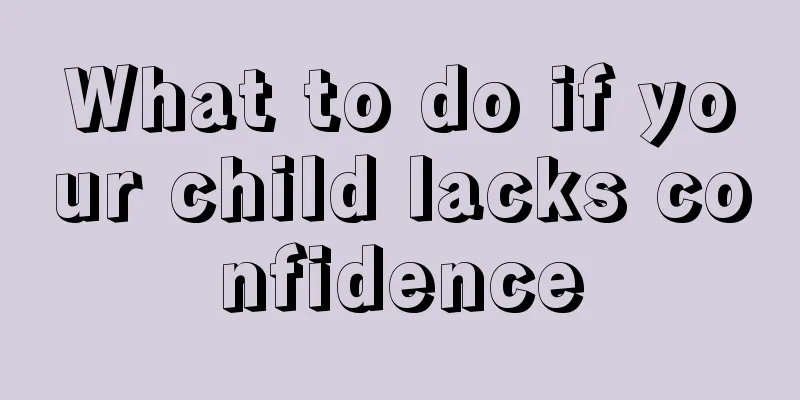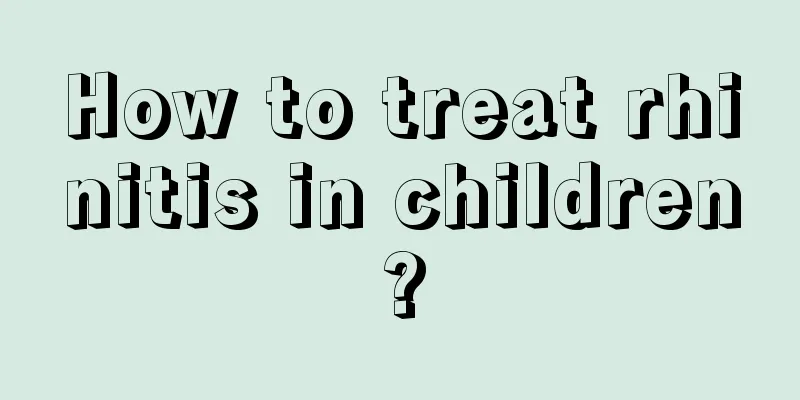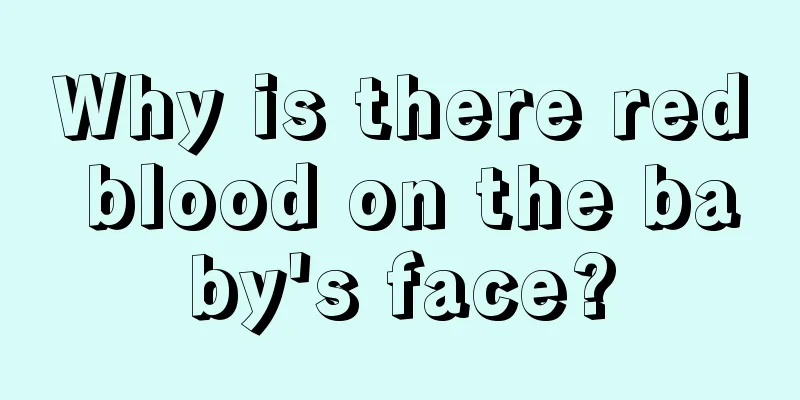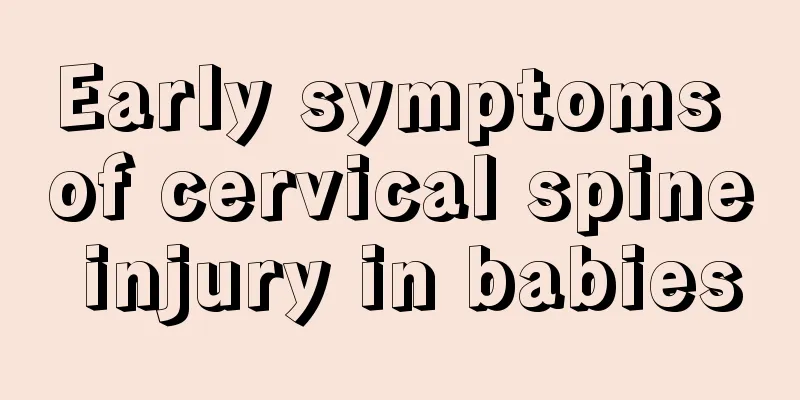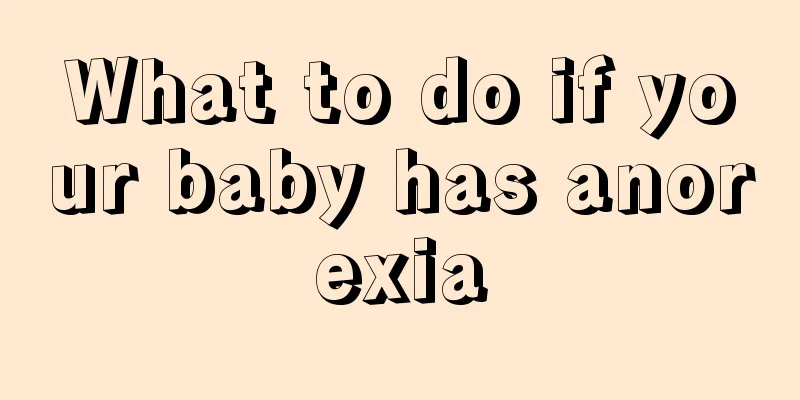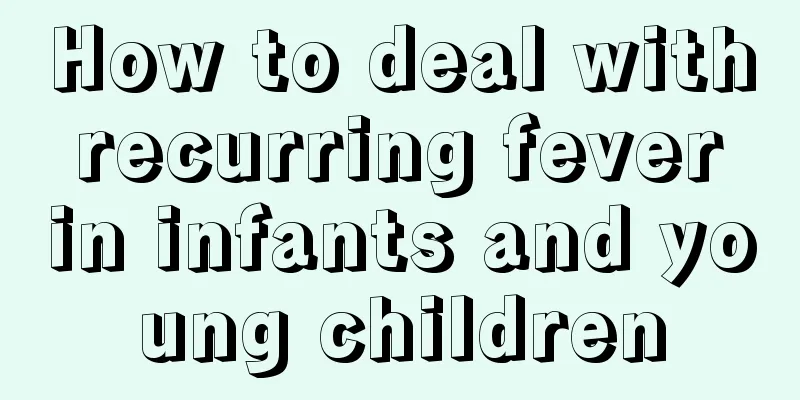Is it normal for a two month old baby to have teeth?
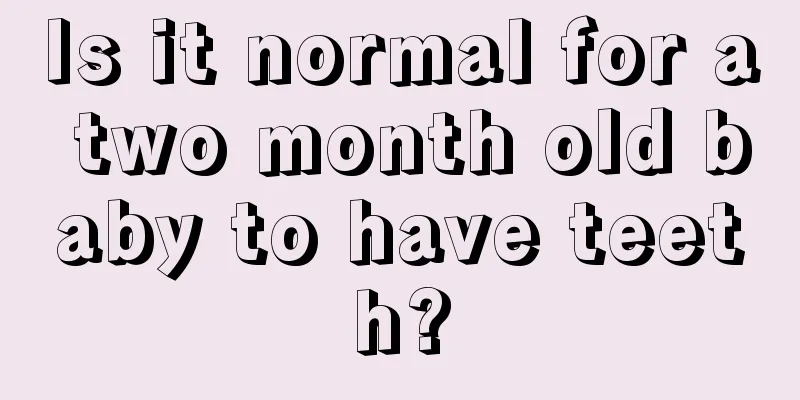
|
Is it normal for a two-month-old baby to have teeth? A two-month-old baby actually has teeth? I believe many people would find it incredible and would ask, how could a two-month-old baby have teeth? It turns out that there are indeed two-month-old babies who have teeth, but the small teeth that come out of a two-month-old baby are not real teeth. So, are those dentures a threat to the baby? Could it be some disease? Let's continue below! When a two-month-old baby starts to grow teeth, we generally call them milk teeth. Some yellow-white sesame-sized bumps can often be seen on the gum margins or palates of newborns. This is caused by the accumulation of epithelial cells or by swelling of mucous glands, commonly known as "horse teeth". It is a normal phenomenon and will disappear naturally within a few weeks or months. For most babies 4-6 weeks after birth, small yellow-white dots appear on both sides of the midline of the upper palate and the edge of the gums. These dots look like growing teeth and are commonly known as "milk teeth" or "molar teeth". They are medically called epithelial beads. Epithelial beads are formed by the accumulation of epithelial cells and are a normal physiological phenomenon, not a disease. "Milk teeth" do not affect the baby's breastfeeding and the development of deciduous teeth. They will gradually fall off within a few months after birth. For some babies due to malnutrition, "milk teeth" cannot fall off in time, which is not a big deal and does not require treatment. Some people do not know the origin of "horse teeth" and think it is a disease. They use needles to pick them or wipe them with cloth, which is very dangerous because the baby's oral mucosa is very thin and tender, with rich blood vessels under the mucosa, and the baby's own resistance is very weak. Picking with needles and wiping with cloth will damage the oral mucosa, which can easily cause bacterial infection, stomatitis or osteomyelitis, and even sepsis, endangering the baby's life. If the "horse tooth" is too large and affects the baby's milk sucking, it can be disinfected with 2% red mercury. Use a sterilized needle to prick the "horse tooth", release the contents, and it will heal. Although babies may start teething earlier or later, the difference should not be too great. If your baby has not grown deciduous teeth by the age of one, there may be some abnormality in his body. Generally speaking, the incidence of late eruption of deciduous teeth is higher than that of early eruption of deciduous teeth. Although it is not normal for a two-month-old baby to have teeth, it is harmless to the baby, and the small tooth will automatically disappear within a month, so as a baby's father and mother, don't worry too much! If your two-month-old baby has teeth, and the small tooth does not automatically disappear within a month, then you should take the baby to the hospital for treatment! |
<<: What to do if your child has bronchial pneumonia and keeps coughing?
>>: Can a two-month-old baby use air conditioning?
Recommend
When is the best age for children to grow taller?
I believe that in the hearts of many parents and ...
How to increase nutrition for thin baby
We will find that many babies are very fat in nor...
The best period for baby's brain development
There is an optimal period for the development of...
What is the reason for the blue veins between the baby's eyes?
What can make parents protect their children with...
Baolong Pills for children frightened
Infants and young children are easily frightened ...
How long does it take for a child's clavicle fracture to heal?
Bones are the support for our entire body, allowi...
Symptoms of colic in a one and a half year old baby
Babies who are 18 months old, or one and a half y...
Symptoms of childhood rash
Because we all know that sometimes some diseases ...
How to reduce the fire in children's stomach
Getting angry is a term that people often use in ...
What is the reason for high red blood cell count in children's urine routine
There are many reasons why children's routine...
What is the cause of the child's black teeth?
Every parent does not want their child's teet...
Eight-month-old baby sweats a lot
Eight-month-old babies will show more physical ab...
What is the disease of scrotal effusion in children?
The occurrence of scrotal effusion in children is...
What are the dietary treatments for children’s colds and coughs?
When children are young, their resistance is rela...
Causes of red and swollen eyelids in babies
As we all know, eyelids play a very important rol...
